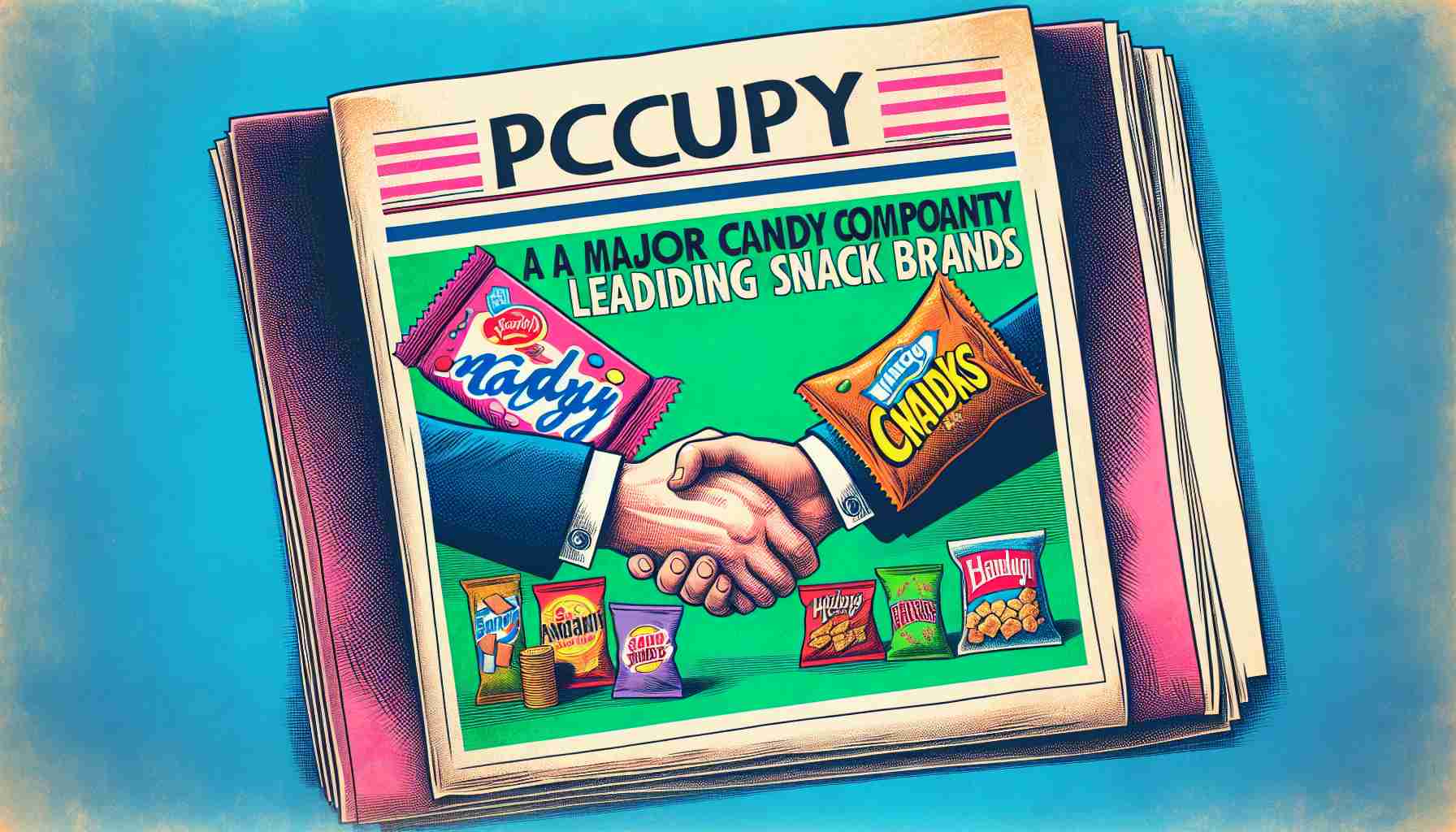A prominent candy company has announced a significant acquisition in the snack industry, shaking up the market dynamics. Mars, well-known for popular brands like M&M’s and Snickers, has entered into a monumental deal to purchase Kellanova, the maker of Cheez-It and Pringles, for nearly $36 billion.
The deal, structured as an all-cash transaction at $83.50 per share, indicates Mars’ strategic move to expand its portfolio and dominance in the consumer goods sector. This acquisition marks a substantial premium for Kellanova’s shareholders, propelling the company into a new era of growth and opportunity. The announcement caused a surge in Kellanova’s stock price, reflecting investor excitement and market confidence in the deal.
Amidst a backdrop of changing consumer preferences and economic challenges, such acquisitions have become increasingly common in the packaged food industry. Companies are seeking to consolidate their positions, diversify their offerings, and enhance their competitiveness in a rapidly evolving market landscape. This acquisition positions Mars as a key player in the snack segment, consolidating popular brands like Pop-Tarts, Rice Krispies Treats, and Eggo under its umbrella.
The Mars-Kellanova deal signals a transformative moment in the sector, with implications for industry dynamics and consumer choices. As the market continues to witness such strategic maneuvers, the impact of this acquisition is set to reverberate across the packaged food industry in the coming years. Stay tuned for further updates on this unfolding story.
A notable development in the consumer goods sector has seen a major candy company, Mars, acquire leading snack brands in a substantial deal worth nearly $36 billion. This purchase solidifies Mars’ position in the market, adding popular names like Cheez-It and Pringles to its already impressive portfolio that includes M&M’s and Snickers.
Key Questions:
1. How will Mars leverage its new acquisitions to enhance its market presence?
2. What potential synergies can be expected from this strategic move?
3. How might competitors react to Mars’ expanded dominance in the snack industry?
Key Challenges:
One of the primary challenges associated with such large-scale mergers and acquisitions is the integration of different corporate cultures and operational systems. Ensuring a smooth transition and maximizing the benefits of the acquisition without disrupting existing processes can be a complex endeavor. Additionally, regulatory scrutiny and potential antitrust concerns may arise due to the increased market power consolidated by Mars through this deal.
Advantages:
– Diversification of product offerings, allowing Mars to cater to a wider range of consumer preferences.
– Enhanced market competitiveness through the consolidation of strong snack brands.
– Potential for cost-saving opportunities and increased economies of scale.
Disadvantages:
– Operational challenges during the integration phase could impact productivity and efficiency.
– Cultural clashes between the merging companies may hinder collaboration and innovation.
– Market saturation and potential consumer backlash against consolidation of dominant brands under one entity.
The Mars-Kellanova acquisition represents a significant strategic maneuver in response to evolving consumer trends and competitive pressures in the packaged food industry. While the deal promises new growth opportunities and market leverage for Mars, overcoming the associated challenges will be crucial for realizing the full potential of this landmark acquisition.
For more insights into the dynamics of mergers and acquisitions in the consumer goods sector, visit Food Business News.



